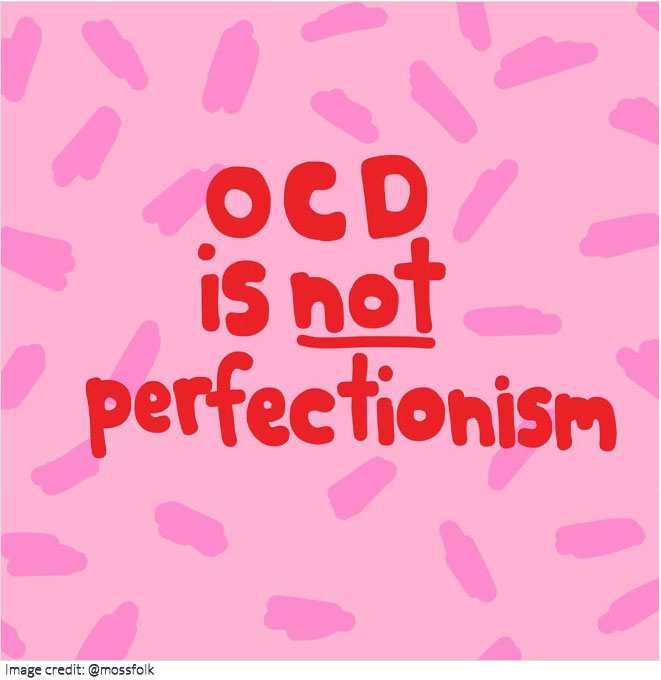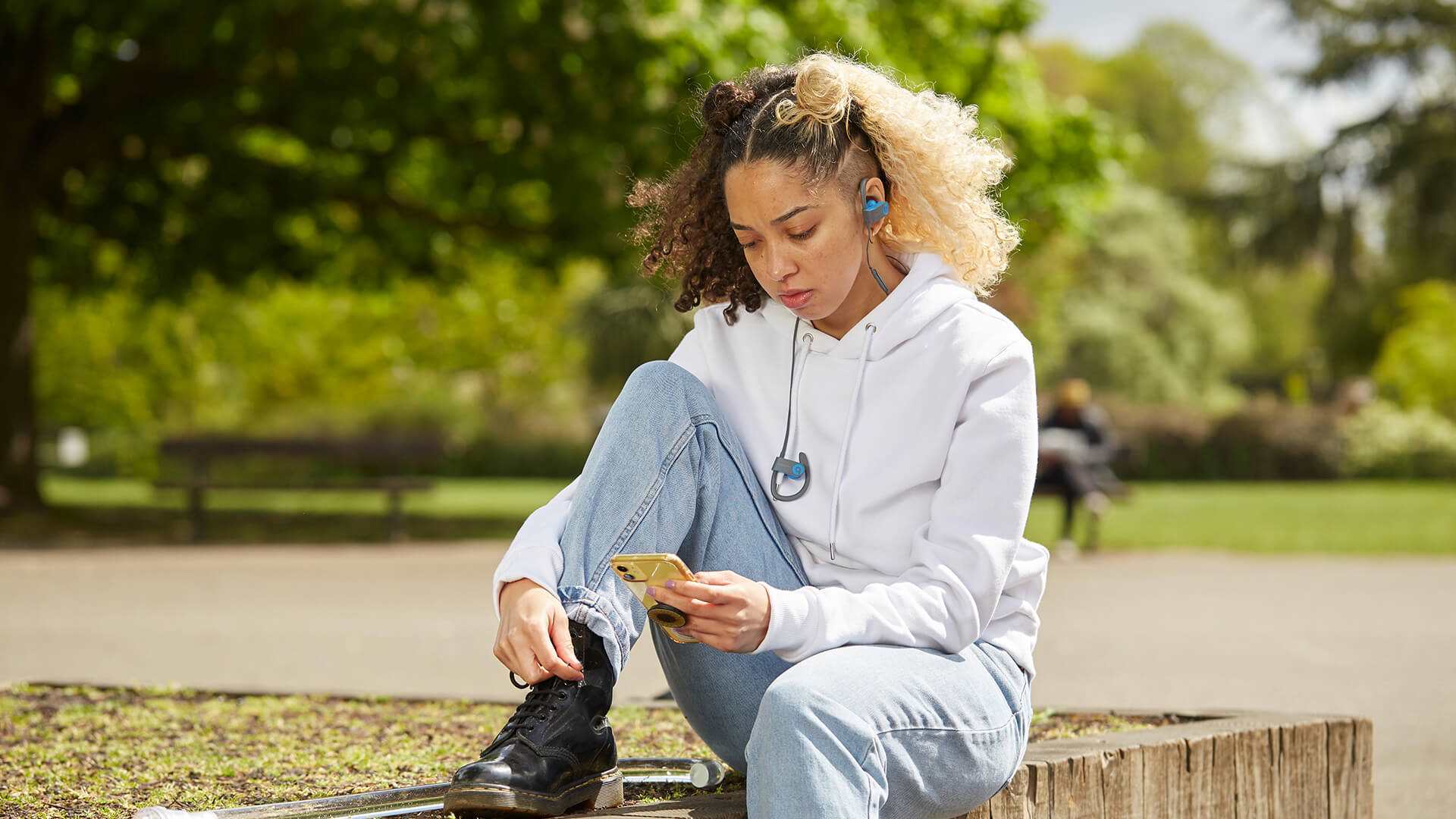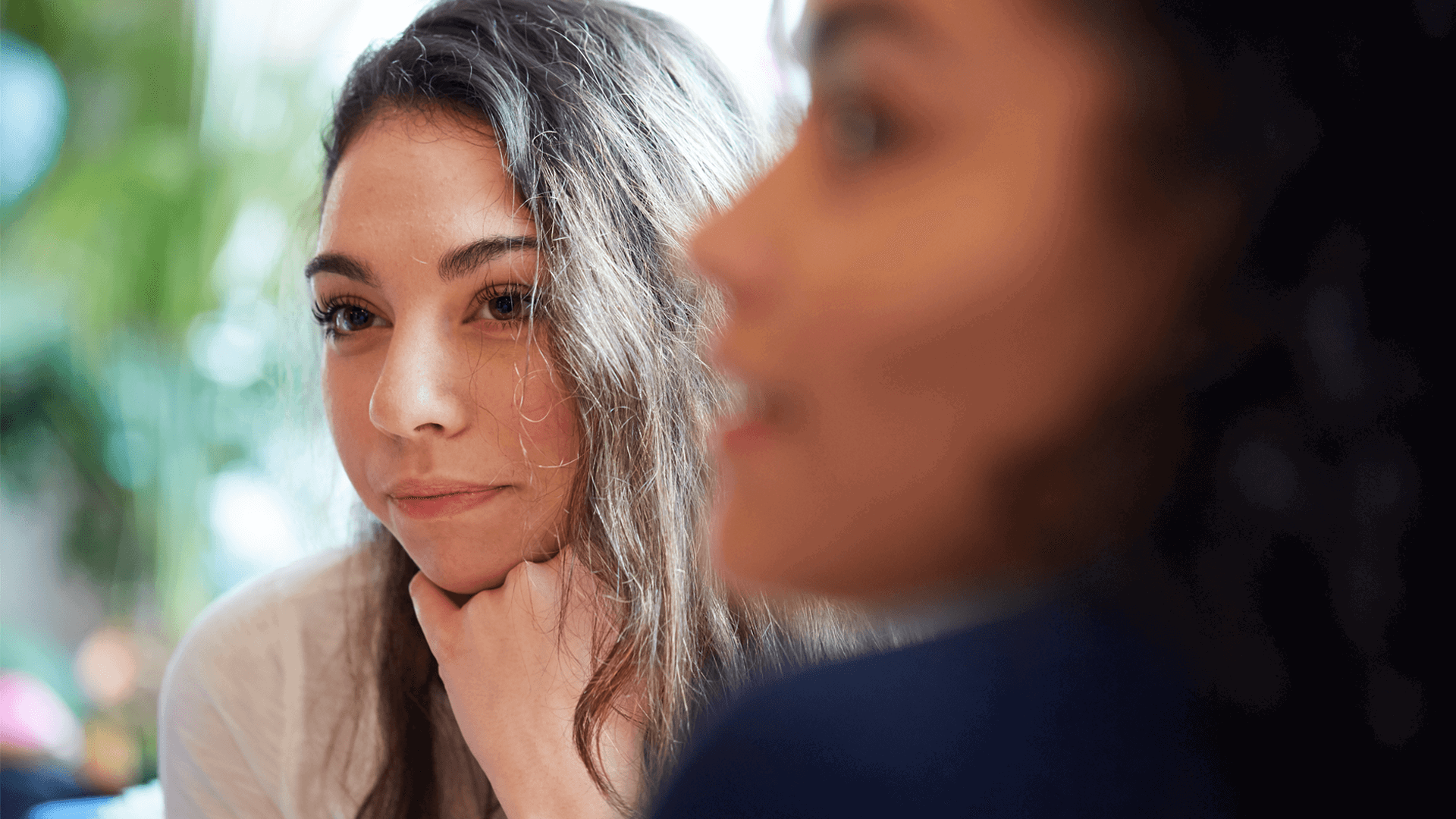OCD is not just about being tidy
There is a misconception that ‘being OCD’ is just about being tidy and ordered. This is not true.
OCD thoughts can come in all shapes and sizes and involve lots of different types of habits and rituals. They often revolve around things like danger, dirt and contamination, or worries around sexuality or religion.
Some people feel guilty, or even ashamed of their thoughts. But it is common to have thoughts like these, and there is nothing to be ashamed of.










